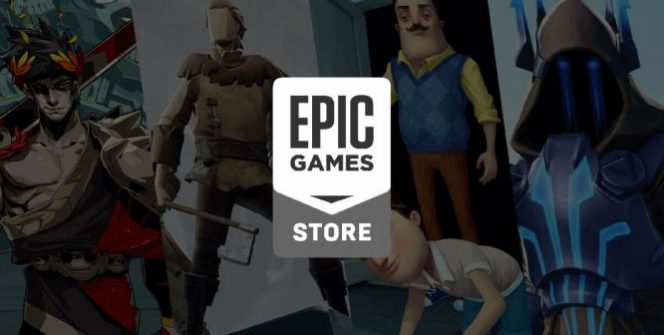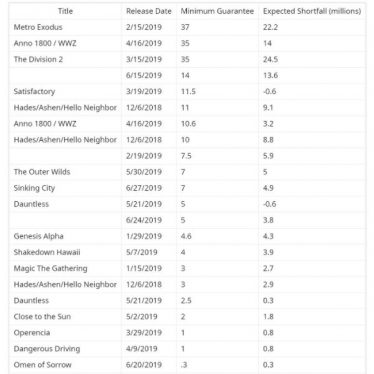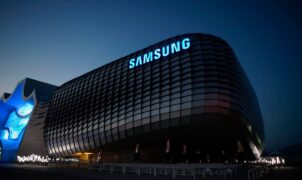No, this Epic Games Store game isn’t Metro Exodus, The Division 2, or even Hades…
Since the birth of the Epic Games Store, there’s been a lot of talk about “exclusive” games coming to PC stores. From Fortnite revenues, Tim Sweeney and co.’s digital store debuted with an aggressive strategy of constantly buying up exclusive games, with controversial cases like Metro Exodus and its departure from Steam just weeks before its release. Thanks to the lawsuit between Epic and Apple, we know whether these “investments” were profitable for the company. And we can already predict that as of June 2019, only 1 of the exclusive games was beneficial for Epic.
It’s a fact: Simon Carless, the former editor of Gamasutra, has obtained a document in which Epic details how much it paid for each of its exclusives and the sales it generated between December 2018 and June 2019. And although Epic blacked out the column with the names of the games because of the lawsuit, the column with the release dates of each game remained visible, so one Reddit user guessed which game was on the list.
The result? Only one of the games returned the money spent during the exclusivity period. It wasn’t Metro Exodus, and it wasn’t big AAA games like The Division 2, which also debuted on Uplay but not on Steam. Nor was Hades, whose early access was first available on EGS, profitable. No, the only game that made more revenue than Epic paid for it was Satisfactory. Released in March 2019, Epic paid Coffee Stain Studios $11.5 million for the exclusivity of their game, which generated $11.6 million in revenue for the store, which, let’s not forget, only accounts for 12% of sales.
Unsurprisingly, Satisfactory sold half a million copies on EGS in just two months, so it’s fair to say that its performance was… “satisfactory” for both parties. The leaked document reveals that Epic Games was only hoping to recoup its investment with one other game, Dauntless, in addition to this game. Of course, it should be added that Epic’s aim with exclusive games is not to make an immediate profit but to attract users to its platform to grow and compete with Steam in the future. This became clear when the lawsuit against Apple revealed how much money was paid for each free EGS game and how many users were acquired in return.
Source: 3djuegos

















Leave a Reply